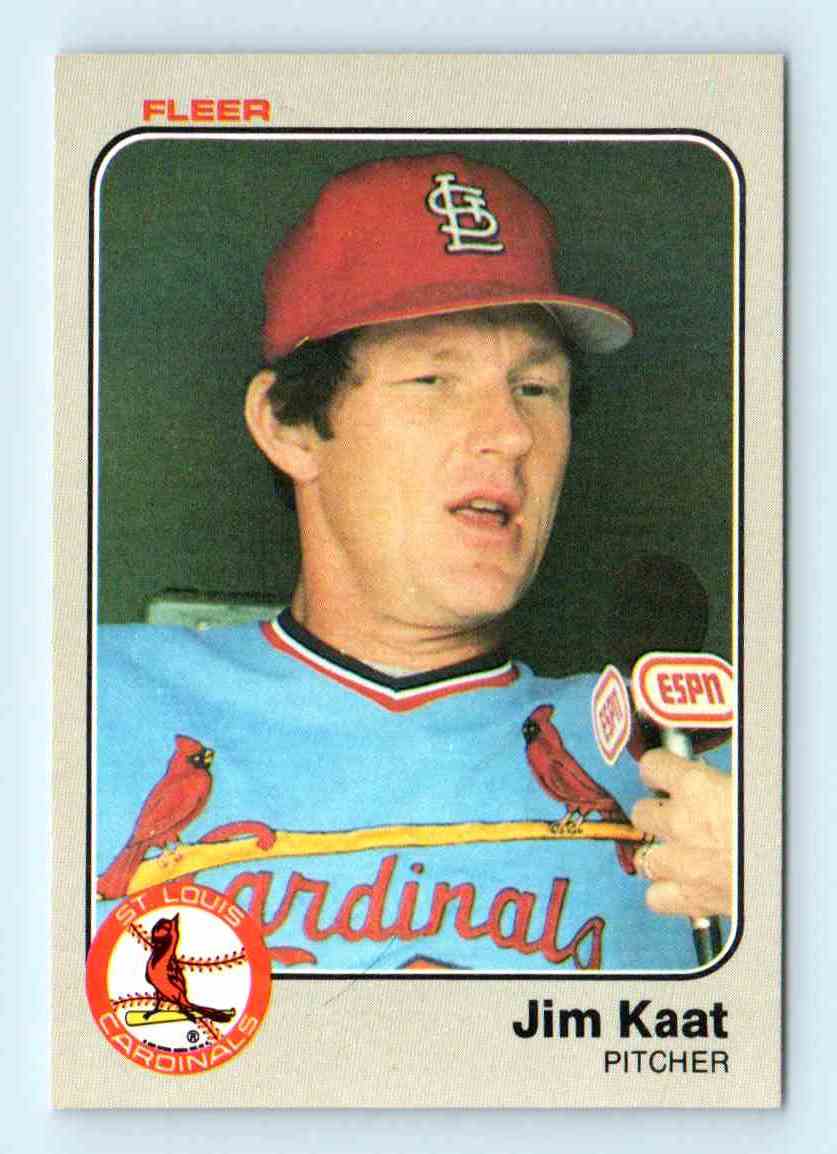There's a deeper reason for that, of course. The United States has simply opted not to have any kind of national response to the pandemic. This is by design, since the president just wants people to go back to doing what they did before, thinking this will boost the economy and help him win the election. It also fits with his complete inability to build up, the man is only capable of destruction.
When I have my daily anxiety attacks one thing I keep thinking about is how little will change even if Donald Trump loses the election and leaves office. A great number of Americans, I would estimate thirty percent, simply refuse to take the virus seriously. I've seen pictures and heard accounts from friends in some parts of the country where people do all kinds of activities in crowded, indoor areas without masks. Even here in New Jersey, which has suffered horribly from the virus, I will see people go into stores wearing a mask on their goddamned chins.
This is not merely lax behavior, it is rooted in how deep our political divide has come. As plenty of others have pointed out, the thirty percent I mentioned before has reached "epistemtic closure." The people in that group simply do not trust ANYTHING that comes from outside their conservative world. This is not a matter of stupidity or ignorance, but a willful construction of an alternate reality. That's why presenting facts or educating will not matter. In fact, as with climate skeptics and anti-evolutionists, it only confirms their viewpoint if they are challenged and forced to defend it!
Social media and the segmentation of news into sources like talk radio, Breitbart, Fox, and OAN mean that the thirty percent has a constant stream of misinformation to confirm their membership in their community and distrust all those outside. Younger people might change their minds when exposed to other viewpoints, but as for the old, forget about it.
This means that even with a Biden presidency putting a national response in place, it would get nowhere. The militant minority could easily stop it. In fact, our political system is set up to let that happen. The unrepresentative nature of the Senate, the Senate filibuster, gerrymandering, and federalism all allow this thirty percent outsize power. A mask mandate and closures will simply never be undertaken by most Republican governors. What then?
If Biden wins or he loses I predict that this disease will be endemic, killing and killing and killing and never stopping. There will be ebbs and flows, highs and lows, but it will always be here. And even if there is a vaccine developed (which I am skeptical of) enough of the thirty percent will refuse to take it and thus make it far less effective.
We've reached the point we have been traveling towards for years. The United States of America in its current state is ungovernable. There won't be a civil war, just decades of being an ever-burning dumpster fire of a country, like many of our neighbors in the Western Hemisphere. It turns out we aren't all that exceptional after all.

